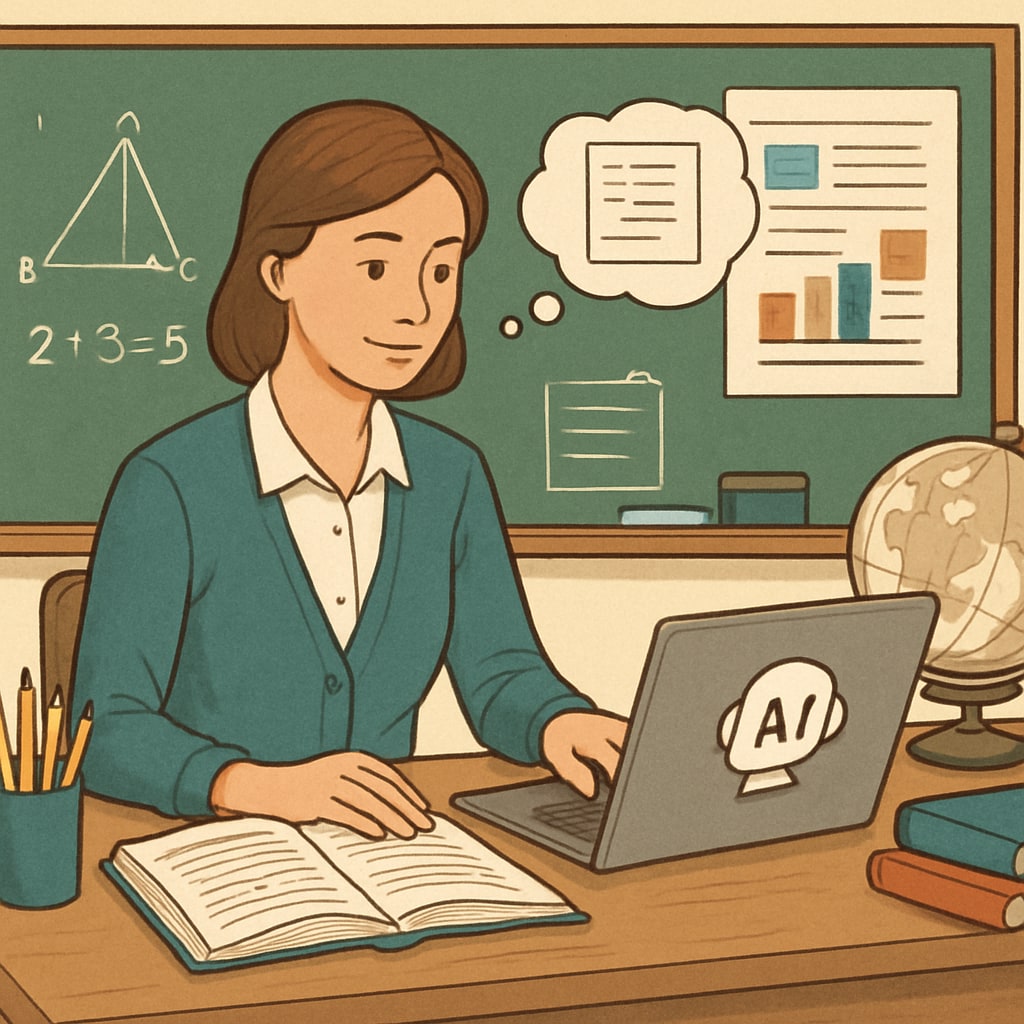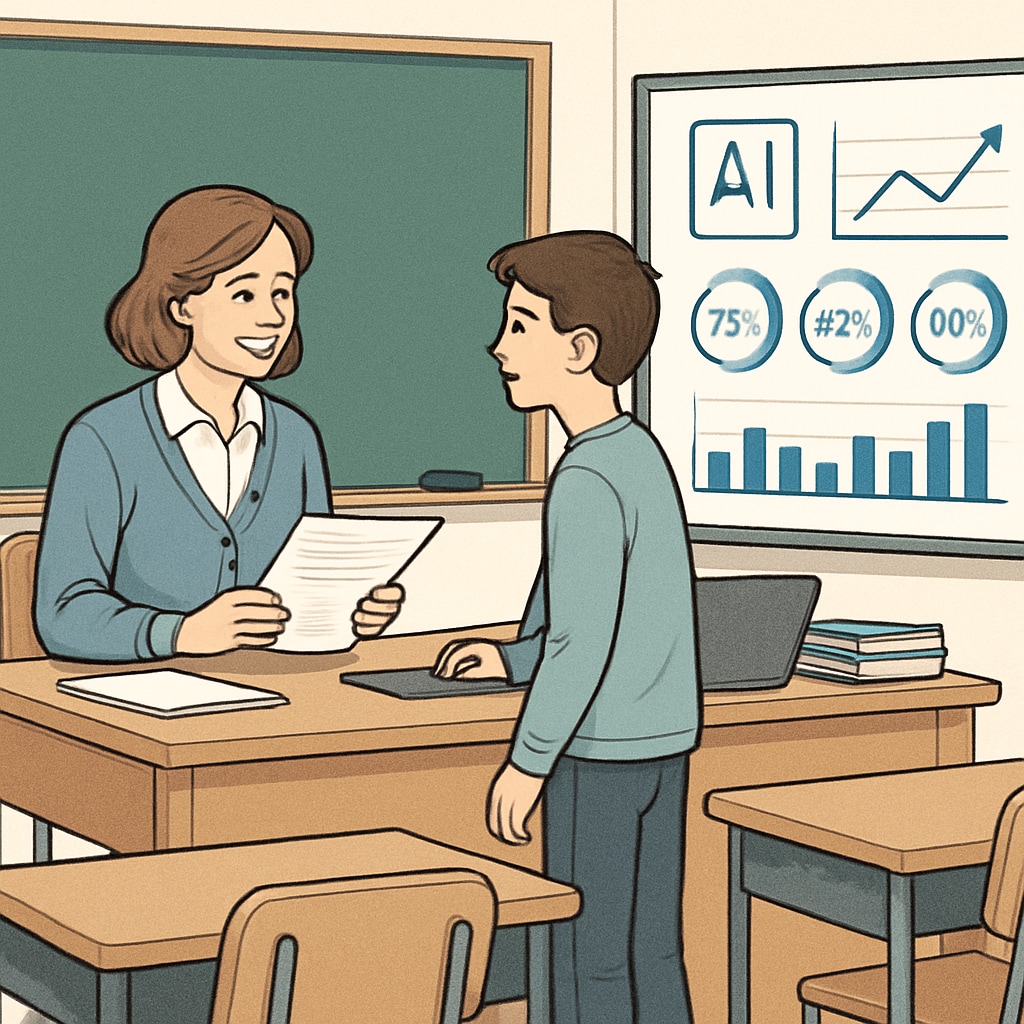Artificial intelligence (AI) has emerged as a transformative force in education, redefining the roles of teachers, their professional value, and their compensation. As AI technologies like adaptive learning platforms and automated grading systems gain prominence, educators must adapt to maintain their relevance and ensure fair treatment in this rapidly evolving landscape.

How AI Is Changing the Role of Educators
Traditionally, teachers have been the cornerstone of education, providing knowledge, mentorship, and emotional support to students. However, AI systems are increasingly handling tasks such as personalized learning plans, instant feedback, and even tutoring. For example, AI-driven platforms like Khan Academy and Duolingo use machine learning algorithms to tailor lessons to individual needs, often outperforming human educators in terms of efficiency.
While this technological shift can enhance learning experiences, it also risks diminishing the perceived value of traditional teaching roles. Educators may find themselves competing with AI tools, which are often marketed as cost-effective alternatives to human instruction.
Balancing Efficiency with Emotional Connection
One area where AI falls short is emotional intelligence—an essential component of teaching. While machines can process data and execute tasks with precision, they lack the human ability to empathize, inspire, and connect on a personal level. This emotional connection is critical for fostering student engagement and resilience.
Teachers can leverage this unique advantage to redefine their value. By emphasizing their role as mentors who can build relationships and address the emotional needs of students, educators can differentiate themselves from AI and reinforce their indispensable position in the classroom.

Implications for Teacher Compensation
The rise of AI in education has also sparked debates about teacher salaries and job security. As AI reduces the workload in areas like grading and administrative tasks, some institutions may argue for lower compensation, citing reduced responsibilities. On the flip side, teachers skilled in integrating AI into their teaching practices may find opportunities for higher pay due to their specialized expertise.
To navigate these changes, educators should focus on professional development. By acquiring skills in AI integration, teaching with technology, and data analysis, they can position themselves as indispensable assets in modern education systems.
Preparing for the Future of Teaching
As the education sector evolves, teachers must adopt proactive strategies to secure their roles and compensation. Here are key steps educators can take:
- Invest in technology training: Understanding how to use AI tools effectively will make teachers more competitive and valuable in the job market.
- Emphasize emotional intelligence: Highlighting the human aspects of teaching can differentiate educators from AI systems.
- Engage in policy discussions: Advocacy for fair compensation and recognition of teacher contributions will be critical as AI becomes more prevalent in schools.
In addition, collaboration with stakeholders—such as parents, school administrators, and policymakers—can help shape a balanced approach to integrating AI in education while preserving the core values of teaching.
As a result, the future of teaching lies not in resisting AI but in embracing it as a complementary tool. Teachers who adapt and innovate will not only thrive but also ensure their continued importance in shaping the minds of tomorrow.
Readability guidance: This article incorporates short paragraphs, lists, and transitions to ensure clarity and accessibility. Overuse of passive voice and long sentences has been avoided, making the content engaging and easy to understand.


